|
CBFS staff hosts groups young and old alike to the Field Station to participate in our camps and day trips. Last week, we welcomed a group of grandparents and grandchildren for our first Road Scholar Intergenerational Camp of the summer! These camps offer a hands-on learning experience for children and their grandparents, a great way to promote learning science and a fun bonding adventure with family. On Thursday, our campers went to Wallops Island to learn more about dune ecology. As a barrier island, Wallops acts as a border between the mainland and the ocean, catching marine life and ocean materials from the deep sea. Assateague and Chincoteague are also barrier islands. Educator Maria taught the campers that dunes are important because, like the islands, dunes are barrier systems. After boarding the bus, Chaz talked about the different aspects of Wallops that we would soon see on the beach. CBFS has access to the side of Wallops Island owned by the Navy/NASA, and is able to take participants on site to see a relatively pristine coastal ecosystem. Typically, Wallops Island is open only to government employees. At the beach, campers collected shells and identified examples of dune succession, including parts like embryo dunes, accumulating dunes, and mature dunes. Children made observations about shells and organisms that washed up on the beach while their grandparents collected shells as a memento of this experience. After everyone had enough time to enjoy the beach and observe the environment, Maria and Chaz answered questions about the shells the campers found and talked more about the dunes and the organisms found on the beach, including a ghost crab that happened to scuttle out in the day time. Back at the lab, the campers identified different micro and macro organisms and learned more about what they saw today. They rotated through different stations and used field guides to confirm the names of a variety of plants and animals, learning fun facts along the way. Wallops Island is just one trip on a six day adventure. The campers take a trip each day to explore barrier islands on Virginia's Eastern Shore, learning about the islands’ history and coastal ecology. Spencer and his grandfather loved walking around the island and seeing the dunes. “Science is fun, I liked collecting all the shells. I like being here without my brothers and sisters so I can spend some time with just my grandpa," Spencer said. Some participants were returning to the Field Station for a second or third time, bringing different grandchildren to share this special bonding experience. Chincoteague Island always has something new and exciting to offer, whether it’s you first time here or your fifth!
You can read more about our grandparent/grandchild trips here, and more about our other family programs here!
0 Comments
Leave a Reply. |
About
Everything you need to know about CBFS's educational programs, visiting Chincoteague Island, and more! Categories
All
Archives
January 2019
|
CHINCOTEAGUE BAY FIELD STATION | 34001 Mill Dam Road | Wallops Island, VA 23337 | (757) 824-5636 | [email protected]
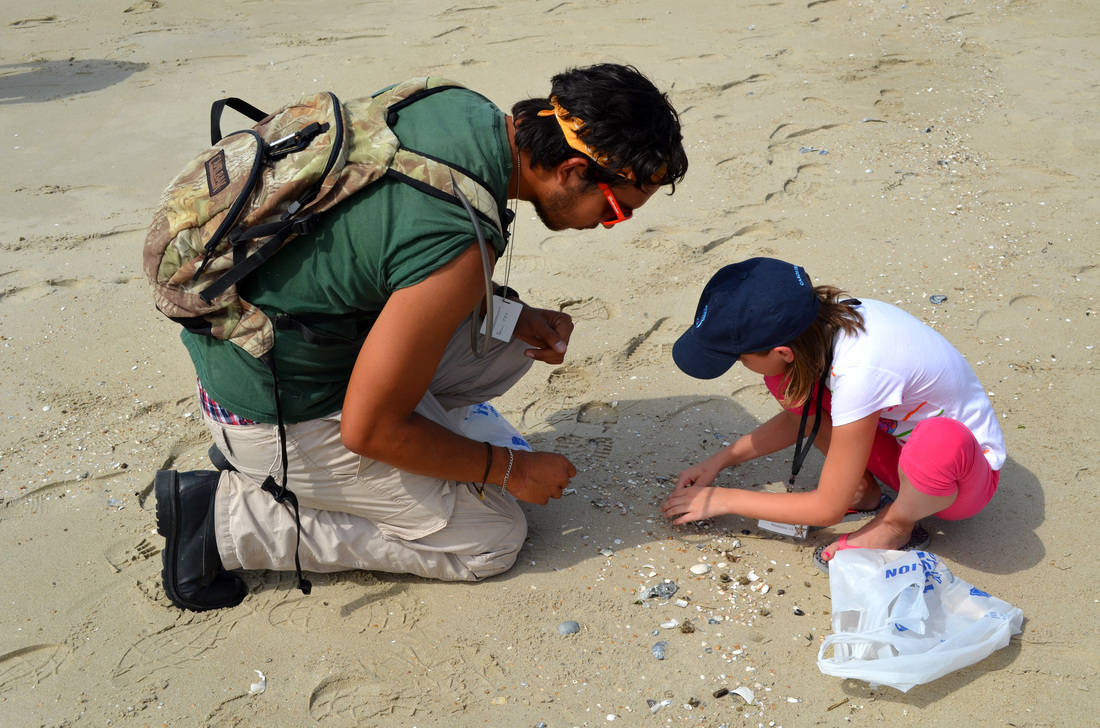
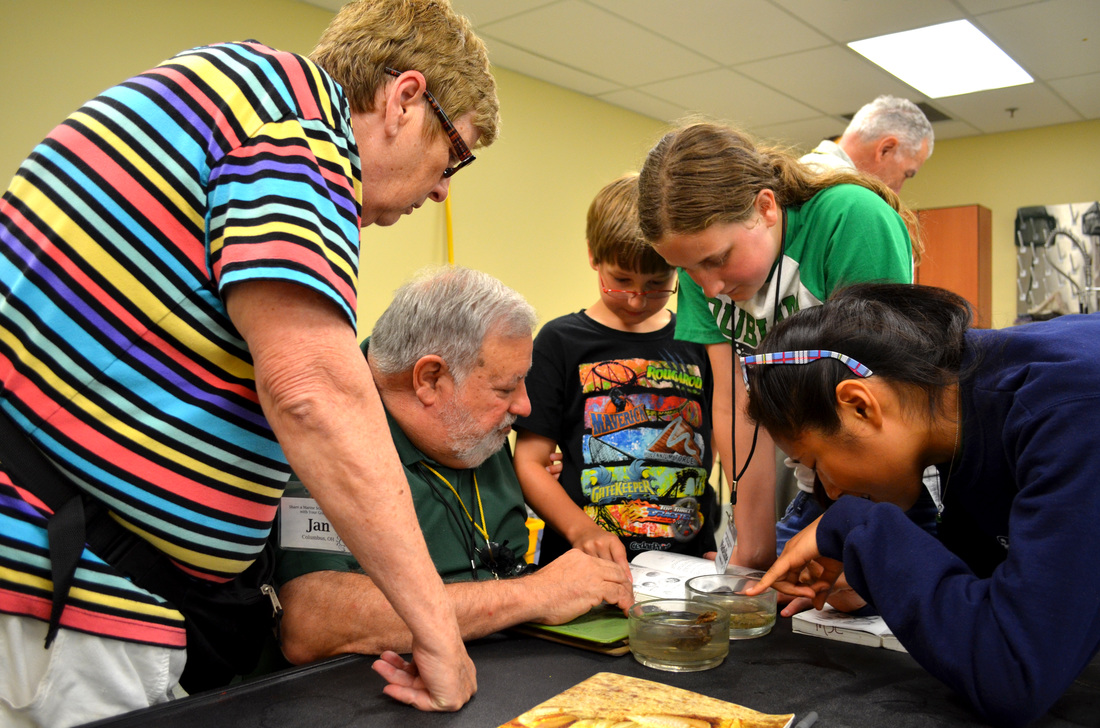
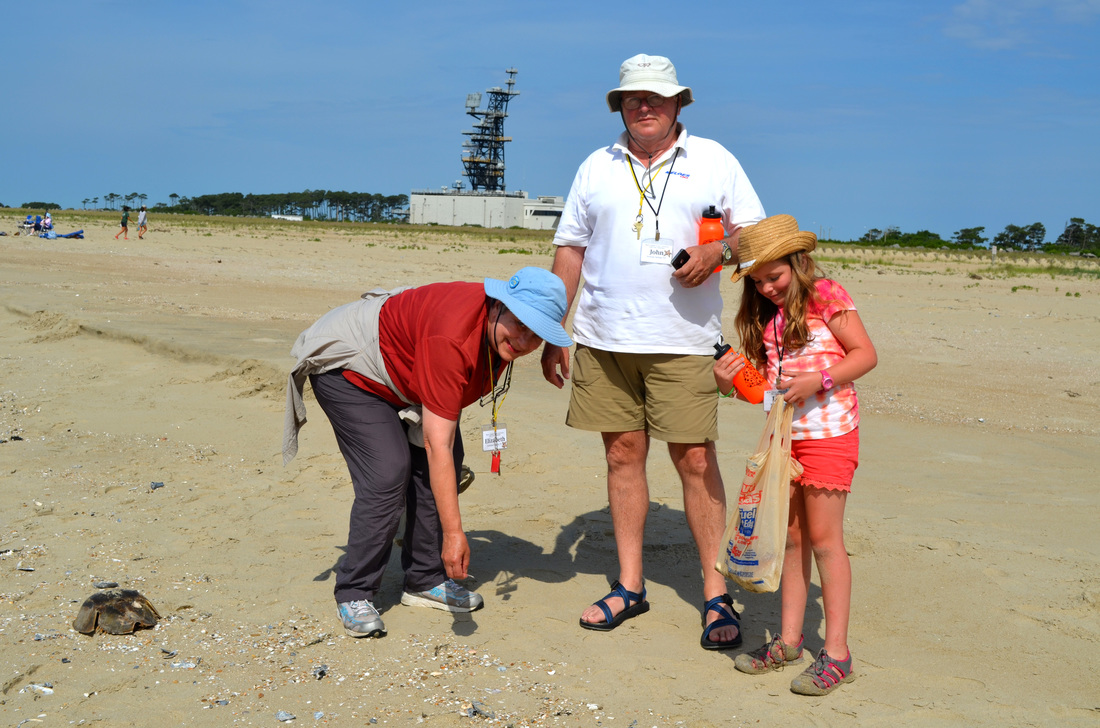
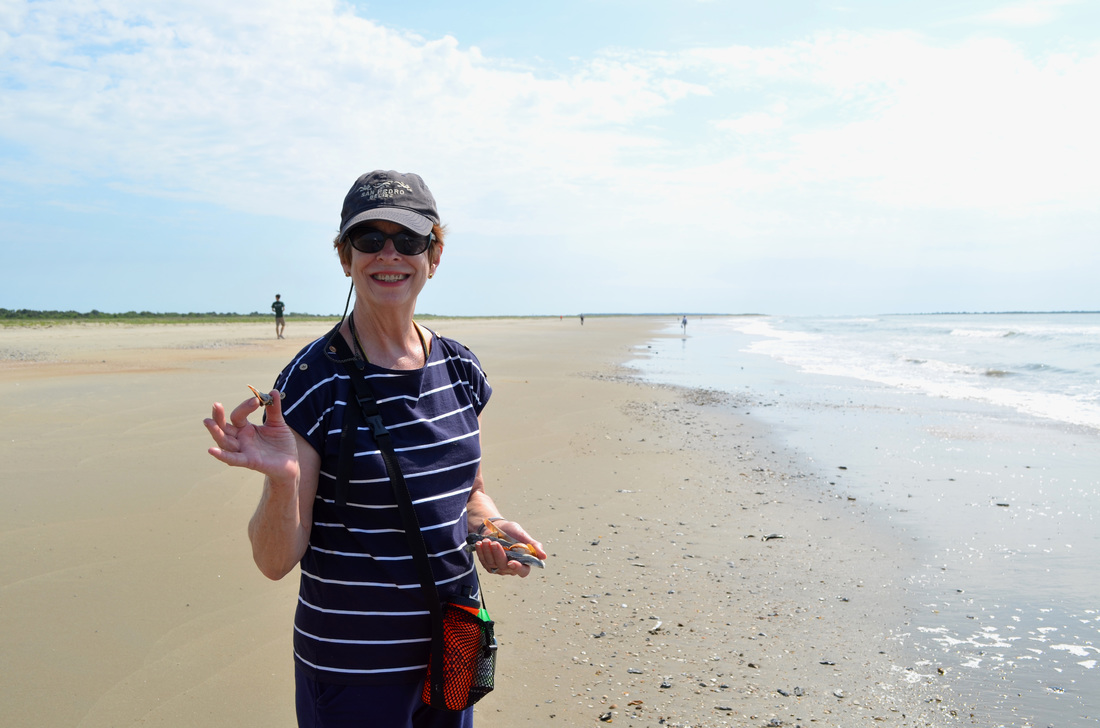
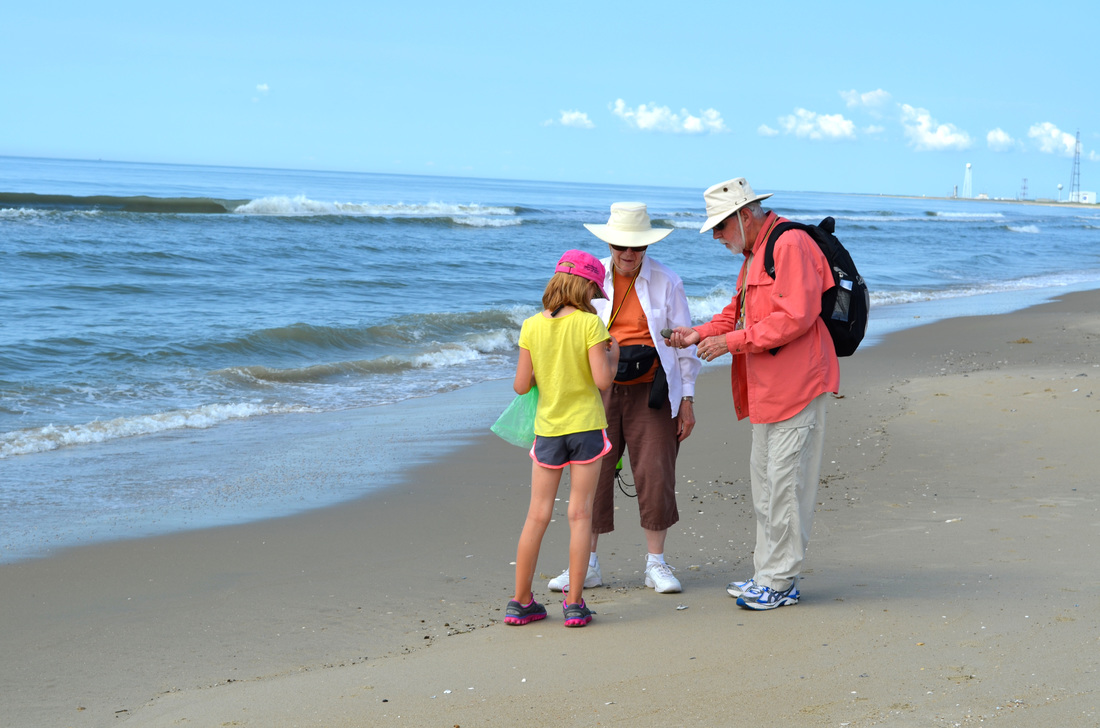
 RSS Feed
RSS Feed

